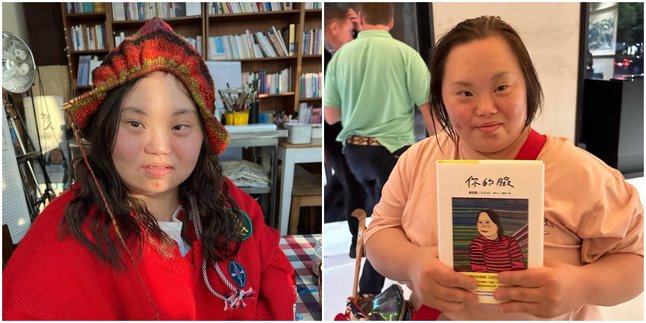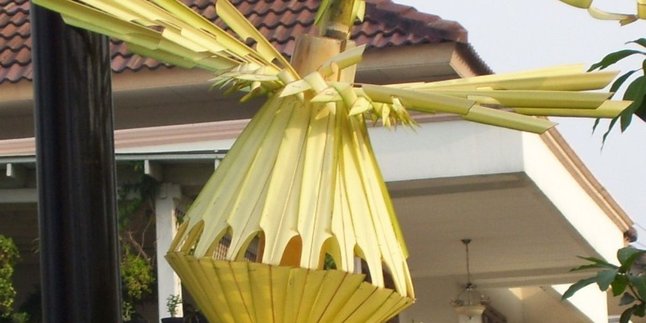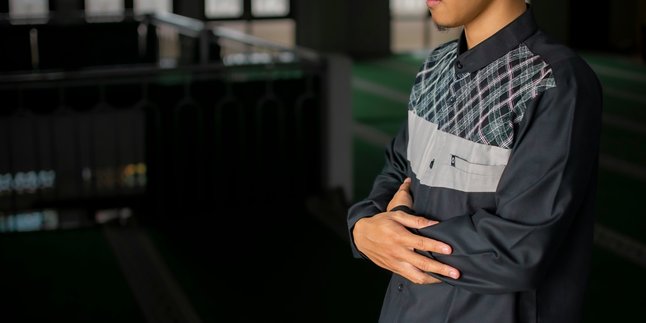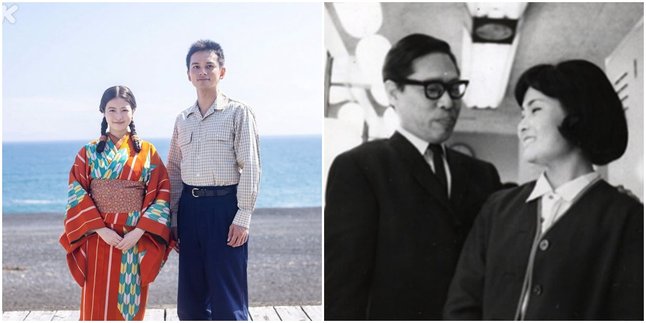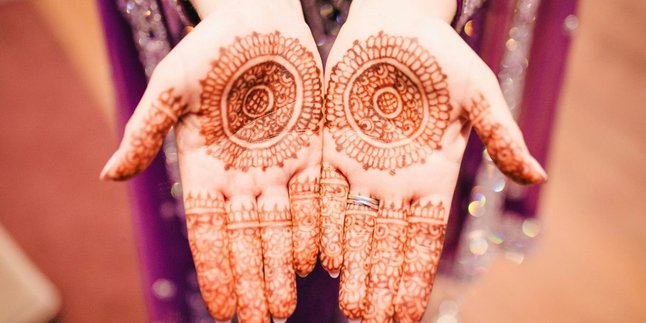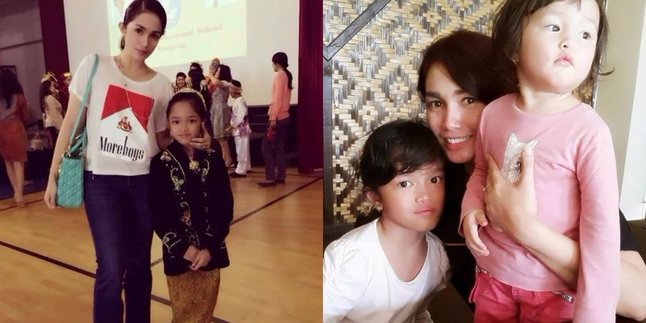Kapanlagi.com - In the midst of the increasingly rapid globalization, names are no longer just labels, but also serve as a bridge to the international administrative system. In various parts of the world, including the United Arab Emirates, there is a demand for a complete name structure, consisting of a first name and a last name. This poses a unique challenge for many Indonesians who are accustomed to single-word names.
In Indonesia, single-word names are not uncommon. Especially among the Javanese community and other ethnic groups that do not recognize a surname system, these single names have become part of their identity. However, behind this simplicity lies a rich history, encompassing cultural influences and political pressures that shape how Indonesians construct their identities.
Now, in an increasingly complex global context, the legacy of single-word names is starting to confront strict immigration policies in various countries. An intriguing dilemma to explore, where tradition meets the demands of modernity.
1. Indonesian Culture Does Not Recognize Surnames
Basically, many ethnic groups in Indonesia do not have a surname system like those commonly found in Western or East Asian countries. In Javanese tradition, for example, a person only needs to have one name without the need for a family name or surname. This reflects simplicity as well as the philosophy that a name is a prayer, not a genealogical structure.
This tradition has persisted for centuries, even into modern times. The most famous example is Indonesia's first president, Soekarno, who only had one name. Similarly, other prominent figures like Suharto and Megawati also followed this practice. This strongly reflects a cultural identity that is not bound by Western naming systems.
A single-word name does not mean it lacks meaning. On the contrary, these names are often chosen carefully and carry profound philosophies. Unfortunately, the current globalization system demands structured and more bureaucratic names.
2. Political Policies Affect Name Identity
Political factors also play a significant role in shaping how Indonesian society constructs names. During the New Order era, for instance, the assimilation policies imposed on the Chinese descendants forced many of them to erase or change their original surnames. This was done to conceal ethnic identity and avoid discrimination.
An example can be seen in names like "Nicholas Wong Susanto," where "Wong" refers to the Chinese family name and "Susanto" is an Indonesianized name. "The name 'Wong' is retained to signal Nicholas's ethnic origin but has lost its original function as a surname," revealed Rosemary Bai from the Chinese University of Hong Kong, Shenzhen.
After the reform and the administration of Abdurrahman Wahid, the relaxation of cultural expression for the Chinese allowed some families to restore their surnames. However, the structure of Indonesian names in general has still not changed systemically.
3. Global Traditions Shaping Name Expectations
Amid the cultural diversity of the world, Indonesia has its own uniqueness in the naming system. While many countries in Europe and East Asia adopt naming structures that reflect social status or lineage, such as surnames indicating clan origin or occupation, Indonesia offers a diverse panorama.
Surnames like "Ivanov" or "Erikson" come from patronymics, which are names based on the father. In Scandinavian or Russian societies, family names can even change depending on the child's gender. This tradition differs from Indonesia, where only a few ethnic groups adhere to a clan system, such as the Batak or Minangkabau.
Interestingly, the Minangkabau still maintain a matrilineal system, where the clan is inherited from the mother's side. This makes Indonesia one of the countries with a unique diversity of naming systems, but also confusing for the global system that requires a certain name format.
4. One-Word Names as a Barrier to Global Access
In November 2022, the United Arab Emirates issued a controversial policy banning the entry of individuals with one-word names in their passports, particularly for those using tourist, visit, or other types of visas. This policy does not apply to holders of work visas or residence permits, but it poses a real challenge for many Indonesian citizens who often have one-word names. In the era of modern immigration, the use of full names consisting of a first and last name is deemed crucial for identification and security, creating a clash between local culture and international administrative standards. As a result, many Indonesians are forced to add a new name administratively to meet this requirement, even though it contradicts their personal traditions and beliefs.
5. Will the Naming System in Indonesia Change?
Considering global developments and pressure from the international system, the question arises: will Indonesian society gradually adopt a naming system that aligns better with global standards? That possibility exists, especially among urban populations and younger generations who frequently travel abroad or work in multinational environments.
However, such change is certainly not without resistance. Names are part of identity and culture that are not easily replaced. A wise and inclusive approach is needed so that changes do not result in cultural alienation. Additionally, the government could take steps by providing education and administrative options for those who wish to adjust their name structure without losing their cultural roots.
Although there is currently no national policy mandating the addition of last names, many parents are now starting to name their children with two or three words to avoid difficulties in the future. Perhaps, this is the beginning of a transformation in the naming system in Indonesia.
6. Questions About the Topic
Why do many Indonesians only have one name?
Because there are many ethnic groups in Indonesia, such as the Javanese, that do not have a tradition of surnames or family names. They use a single name that reflects personal identity.
What are the implications of having a one-word name?
In a global system, a one-word name can cause administrative issues, for example in filling out visa forms or official documents that require a first and last name.
How to deal with a one-word name on a passport?
Some people add a last name administratively, or repeat the one-word name as both first and last name to meet technical requirements.
Which ethnic groups in Indonesia use surnames?
The Batak, Minangkabau, and several ethnic groups in Maluku and Papua are known to have a surname system that is passed down through generations.
(kpl/mni)
Disclaimer: This translation from Bahasa Indonesia to English has been generated by Artificial Intelligence.


